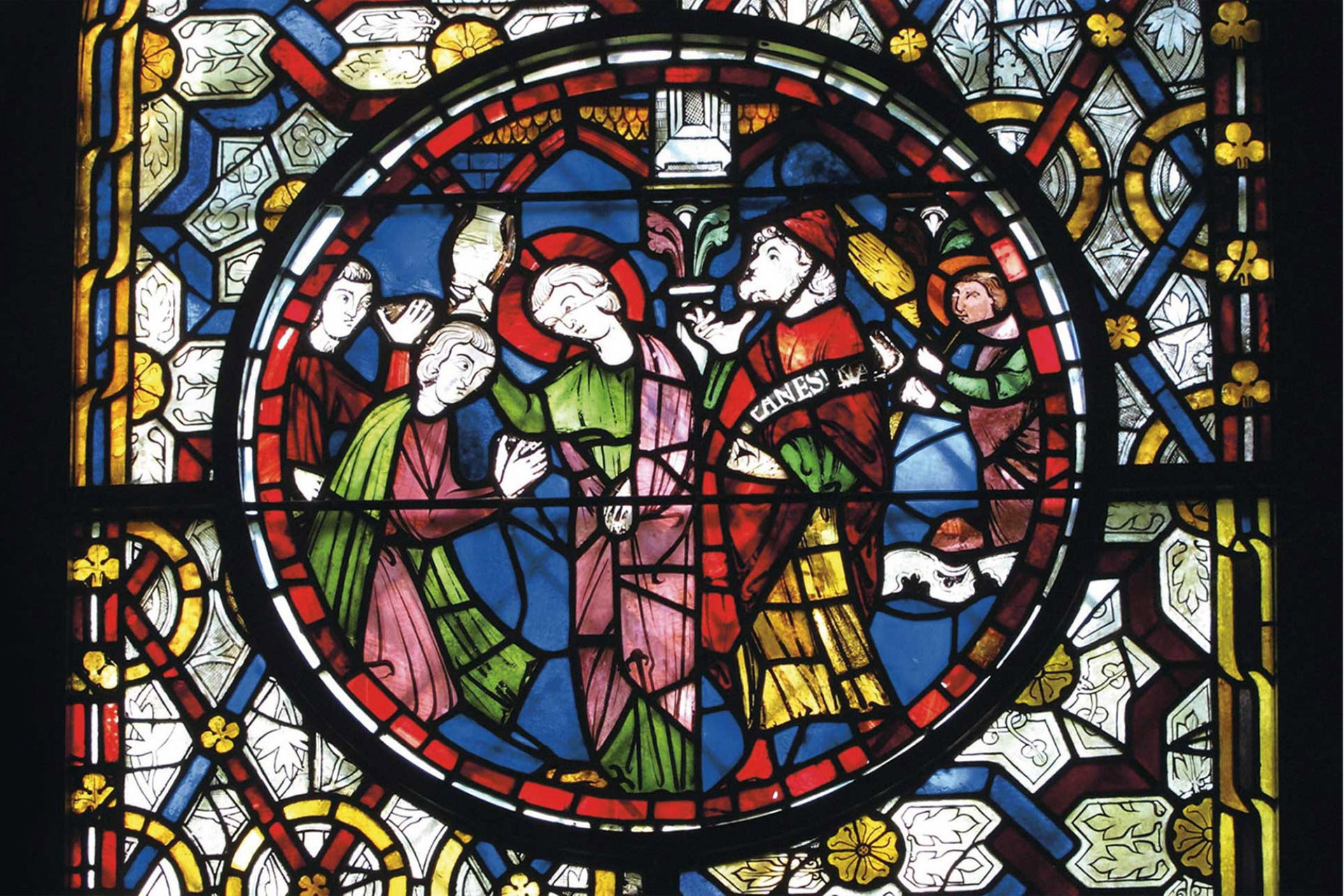In March 2019, a workshop and public lecture took place to celebrate the return to the City of Canterbury, a late-thirteenth century Parisian Bible (the ‘Lyghfield Bible’) … Read more
Month: March 2019
‘Picture This…’ Dr David Rundle on The Lyghfield Bible
This month’s ‘Picture this…’ comes courtesy of MEMS’ own Dr David Rundle, and explores the Lyghfield Bible – a gem of a manuscript whose early history … Read more
Announcing our new Paris/Canterbury MA programme
MEMS is delighted to announce the launch of a new split-site Paris and Canterbury MA programme in Medieval and Early Modern Studies. From September 2019, … Read more



